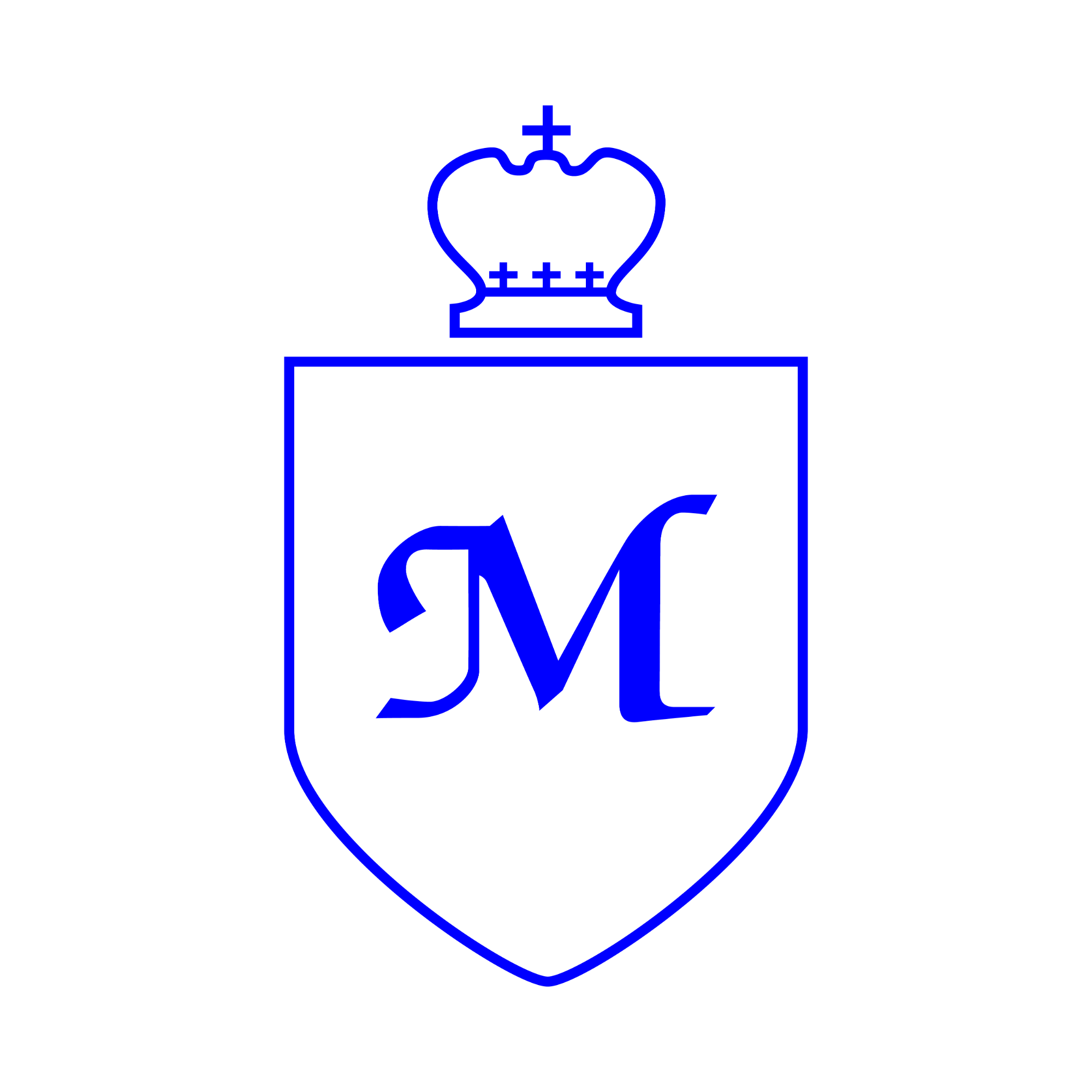History
The National Curriculum states:
A high-quality history education will help pupils gain a coherent knowledge and understanding of Britain’s past and that of the wider world. It should inspire pupils’ curiosity to know more about the past. Teaching should equip pupils to ask perceptive questions, think critically, weigh evidence, sift arguments, and develop perspective and judgement. History helps pupils to understand the complexity of people’s lives, the process of change, the diversity of societies and relationships between different groups, as well as their own identity and the challenges of their time.
How we meet these aims
We believe that History is an exciting and engaging part of our School’s curriculum and that ‘a high-quality history education will help our pupils gain a coherent knowledge and understanding about Britain’s past and that of the wider world’. We promote the learning of History through cross-curricular activities and an enrichment programme of visits, visitors and workshops, designed to awaken and inspire our pupils’ inquisitiveness about the past. Through the study of History, pupils will also develop the key skills of enquiring and posing questions, thinking critically, considering evidence and evaluating arguments. We hope that these skills will support pupils to reflect on the constant process of historical change and the diverse nature of societies and relationships, equipping them as global citizens to face the challenges of their lifetime.
With these aspirations, our intent for the History curriculum are:
- For children to gain a coherent knowledge and understanding of Britain’s past and that of the wider world.
- To provide opportunities that stimulate children’s curiosity to know more about the past.
- For children to appreciate history in a chronological context.
- For children to be encouraged to ask perceptive questions, think critically, weigh evidence, sift arguments, and develop perspective and judgement.
- To begin to understand the complexity of people’s lives, the process of change, the diversity of societies and relationships between different groups, as well as their own identity and the challenges of their time.
- To develop the use of historical language, and enrich their vocabulary to support their understanding of the world in the past.
Children in the Foundation Stage are taught the historical elements of the Foundation Stage document through the Early Years Curriculum: Understanding the World.
